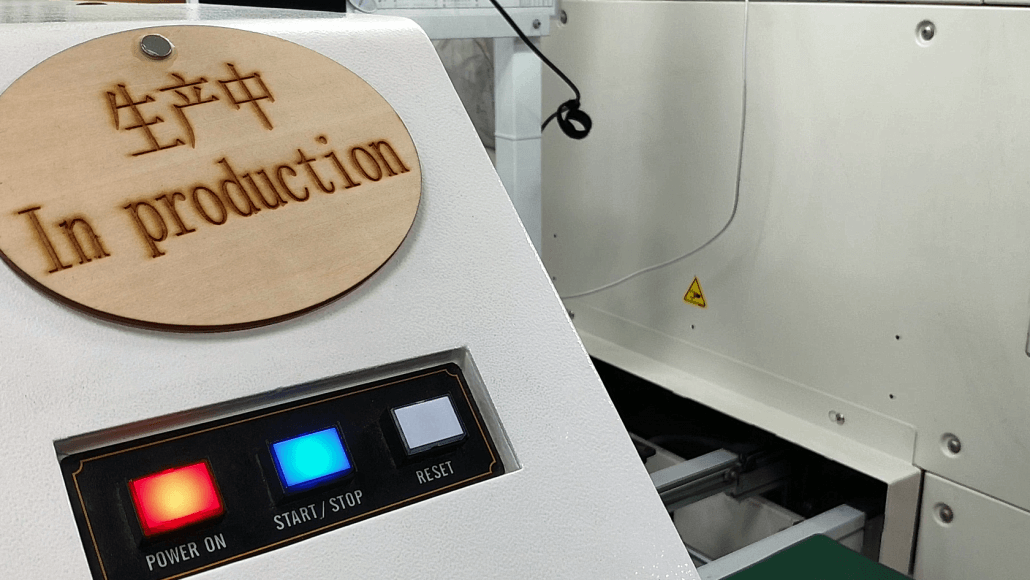Why More and More Businesses are turning to Small Batch PCB Assembly


At the heart of every electronic device is a printed circuit board. As electronics continue to evolve across industries, more businesses are realizing the increased need for rapid hardware development. To remain competitive and relevant, companies are constantly improving and innovating new products, and that means going through product development and releases much faster than usual. That is why increasingly more businesses are opting to outsource small batch runs instead of going for full mass production.
In today’s post, we shall explore the advantages of low volume production.
Fast Turnaround
It’s just common sense that smaller batches take less time to produce. This is true for both preparation and during the actual assembly run. If batches are small enough, failure rates become less of an issue since the low number of failed boards doesn’t justify meticulous test runs and design modifications to iron out sources of defects, which would otherwise be incredibly costly on a mass-production scale. This is where the expertise and flexibility of an agile manufacturer comes in. The quality engineers and repair technicians deal with enough variety that such problems are familiar and can be resolved efficiently and easily. This is ideal when the time to market is of absolute paramount importance and improved versions are in the works.
Some turnkey PCB assembly services offer exceptionally quick turnaround times. By including parts procurement and board manufacture in their offerings, they are able to streamline the entire process and optimize efficiency. Seeed Fusion’s turnkey PCBA service can satisfy production times as low as 7 working days when sourcing locally.
Cost Effective
Enterprises used to preparing for mass production runs may be hesitant towards changes to smaller batches. But it makes no sense to produce more than you need for the sake of familiarity. While the cost per board may decrease significantly, it is overshadowed by the number of ‘useful’ boards. It doesn’t make sense to produce hundreds of thousands of boards in one go if you only intend to sell a few hundred a month. This is especially true if the design is still a work in progress or long-term storage may be a costly expense. With intense competition, fickle markets and growing demands for new technology (just look at smartphones), it makes less and less sense to go for mass production.
Quality Final Product
By adopting a small batch product release model, development teams can work directly on customer feedback from earlier releases to improve later versions. Just as software constantly needs patching and updating, hardware can also benefit from some tweaks and changes here and there. More businesses, especially startups and crowdfunding projects, who strongly rely on reactivity with its supporters, benefit from this style of development, which ultimately results in a superior product tailored to the target market.
By outsourcing the entire hardware build to a third party, your team can focus on preparing for the next big release while reducing overhead costs.
Start your small-batch venture with Seeed Fusion’s Turnkey PCB Assembly service. Seeed has embraced Agile manufacturing for over 10 years to provide a complete all-in-one service including components procurement, PCB manufacture and assembly. Now, Seeed is waiving the operation fees on orders over 100 pieces. Offer ends September 30th so be quick. Learn more about Seeed’s PCBA capabilities.